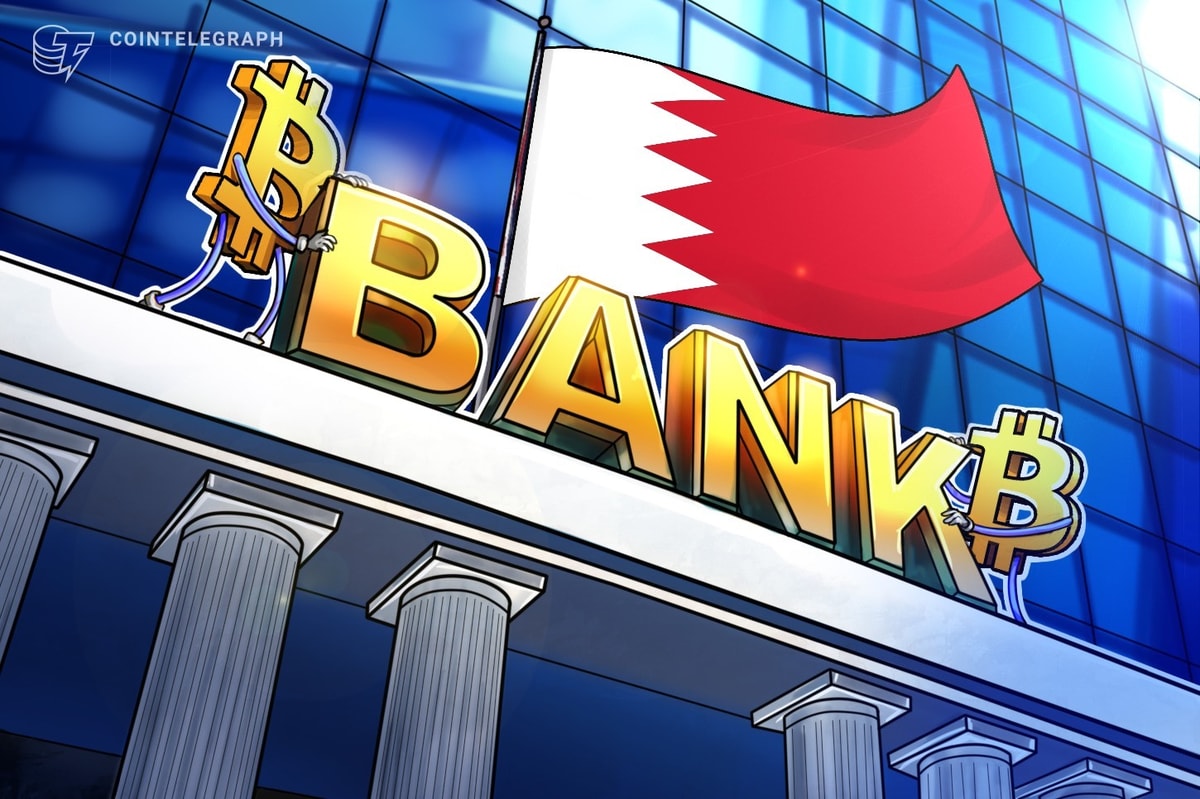The National Bank of Bahrain has announced the launch of its first Bitcoin investment fund, designed for institutional investors in the Middle East’s Gulf Cooperation Council, formed by Bahrain, Kuwait, Oman, Qatar, Saudi Arabia, and the United Arab Emirates (UAE).
According to local media reports, the fund was developed in partnership with digital asset firm ARP Digital. The investment vehicle will offer investors exposure to Bitcoin (BTC) gains capped at a predefined threshold, with 100% loss protection on the downside.
“This structured investment opens new doors for investors seeking a calculated approach to digital assets,” said Abdullah Kanoo, co-founder and co-CEO of ARP Digital. “By leveraging our expertise in digital assets and NBB’s extensive reach in the financial sector, we have created a product that introduces Bitcoin exposure within a highly secure framework,” he added.
Bahrain has been gradually attracting more digital assets businesses thanks to efforts to create an “innovation-friendly crypto and fintech ecosystem, which has involved putting in place clear regulation that balances consumer protection with commercialization,” according to Crypto.com chief operating officer Eric Anziani.
Crypto.com was granted a license by the Bahrain central bank to operate in the country in September, joining crypto exchanges Binance — a local operator since March 2022 — and BitOasis.
Related: Dubai regulator VARA sets a crypto precedent for the world to follow
Regulatory advancements were also made in the UAE. In 2023, the Virtual Asset Regulatory Authority (VARA) — overseeing cryptocurrency laws within Dubai — released comprehensive crypto regulatory guidelines for Web3 companies. The guidelines consist of four mandatory rulebooks, seven activity-specific rulebooks that define operating rules for VASPs, and one rulebook for issuing virtual assets.
According to a recent Chainalysis report, the Middle East and North Africa region (MENA) accounted for 7.5% of global cryptocurrency transaction volume between July 2023 and June 2024, totaling $338.7 billion during this period. Institutional and professional investors accounted for the vast majority of the transactions.
Mena transactions by transfer size. Source: Chainalysis
Onchain traffic in the region is primarily conducted through centralized exchanges, although the United Arab Emirates and Saudi Arabia have seen “high interest” in decentralized platforms.
Magazine: Saudi Arabia’s Riyadh may be crypto’s sleeping giant: Crypto City Guide










